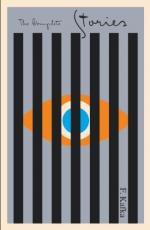|
This section contains 24,682 words (approx. 83 pages at 300 words per page) |

|
SOURCE: Eilittä, Leena. “Kierkegaardian Redefinition of Identity: Erstes Leid (1921), Ein Hungerkünstler (1922), Josefine, die Sängerin oder das Volk der Mäuse (1924).” In Approaches to Personal Identity in Kafka's Short Fiction: Freud, Darwin, Kierkegaard, pp. 149-208. Finland: Academia Scientiarum Fennica, 1999.
In the following essay, Eilittä explores the influence of Kierkegaard's religious-existential philosophy on Kafka's attempts through short fiction to regard the notion of identity.
Kafka's relationship with Søren Kierkegaard's (1813-1855) philosophical ideas has been a source of constant controversy in Kafka criticism during the past decades. As with Freudian critiques, the critical discussion of Kafka and Kierkegaard has shifted radically from one view to another: some critics have maintained that Kafka's work bears significant resemblances to Kierkegaard's philosophy whereas other critics have suggested that Kierkegaard did not influence Kafka.
Those critics who have emphasised Kierkegaard's influence on Kafka's fiction have often drawn attention to the fact that...
|
This section contains 24,682 words (approx. 83 pages at 300 words per page) |

|


